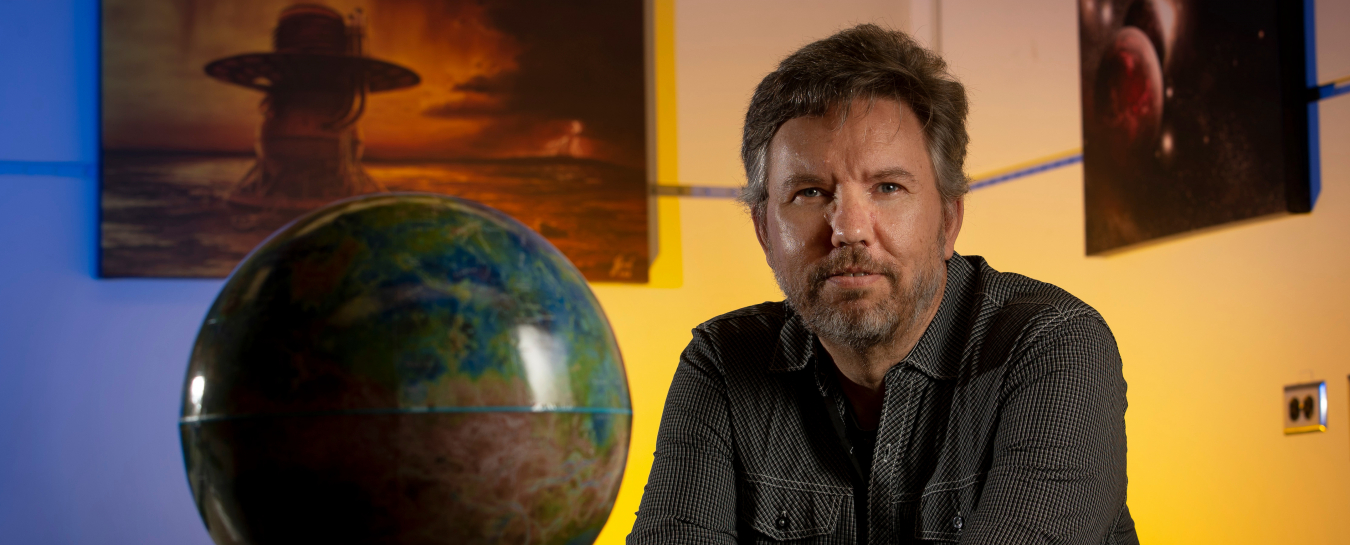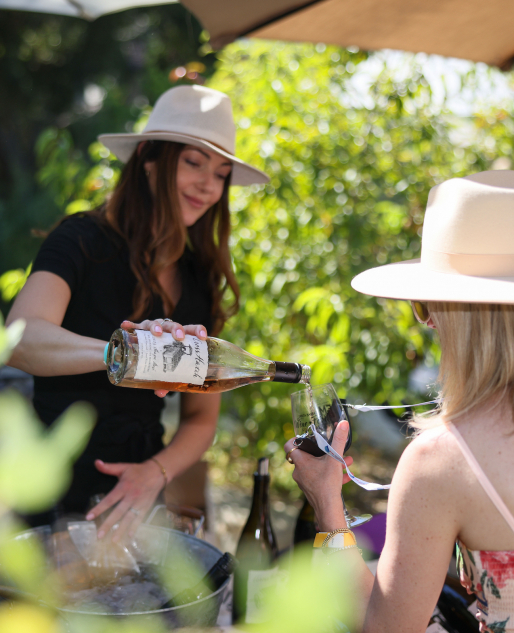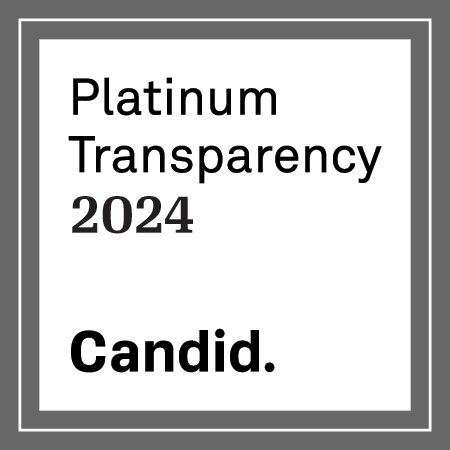
How to Build a Habitable World
At the Museum | Fleischmann Auditorium
Understanding planetary habitability is one of the major challenges of the current scientific era. Though traditionally viewed through the lens of our home planet and its evolutionary history, data from other solar system objects—and a plethora of planets outside of our solar system—are shedding new light on habitability research. In this talk, UC Riverside Prof. of Planetary Astrophysics Stephen Kane, Ph.D., will discuss the factors that contribute to planetary habitability, and how these pieces fit together in an inter-disciplinary pathway that will benefit both the understanding of the evolution of Earth's habitability and identifying possible abodes of life elsewhere throughout the universe.
Dr. Kane works on a broad range of topics and has discovered hundreds of planets orbiting other stars. He is a leading expert on the topic of planetary habitability, the habitable zone of planetary systems, and the study of why Venus and Earth underwent divergent evolutions. Kane has published hundreds of peer-reviewed scientific papers as well as several books on the topic of exoplanets and habitability. He is also a prominent scientific leader for several NASA missions designed to search for life in the universe.
Talk starts at 7:30 PM and seats are limited, so show up early if you want to be sure of a seat. No tickets or reservations required.
This event is part of a monthly series of free astronomy talks presented by Santa Barbara’s astronomy club, the Santa Barbara Astronomical Unit (SBAU). Look for more talks and free Star Parties with the SBAU on the Museum’s astronomy calendar.
Questions? Contact Astronomy Programs Manager Ila Jade Komasa at ijadekomasa@sbnature2.org or 805-682-4711 ext. 164.


